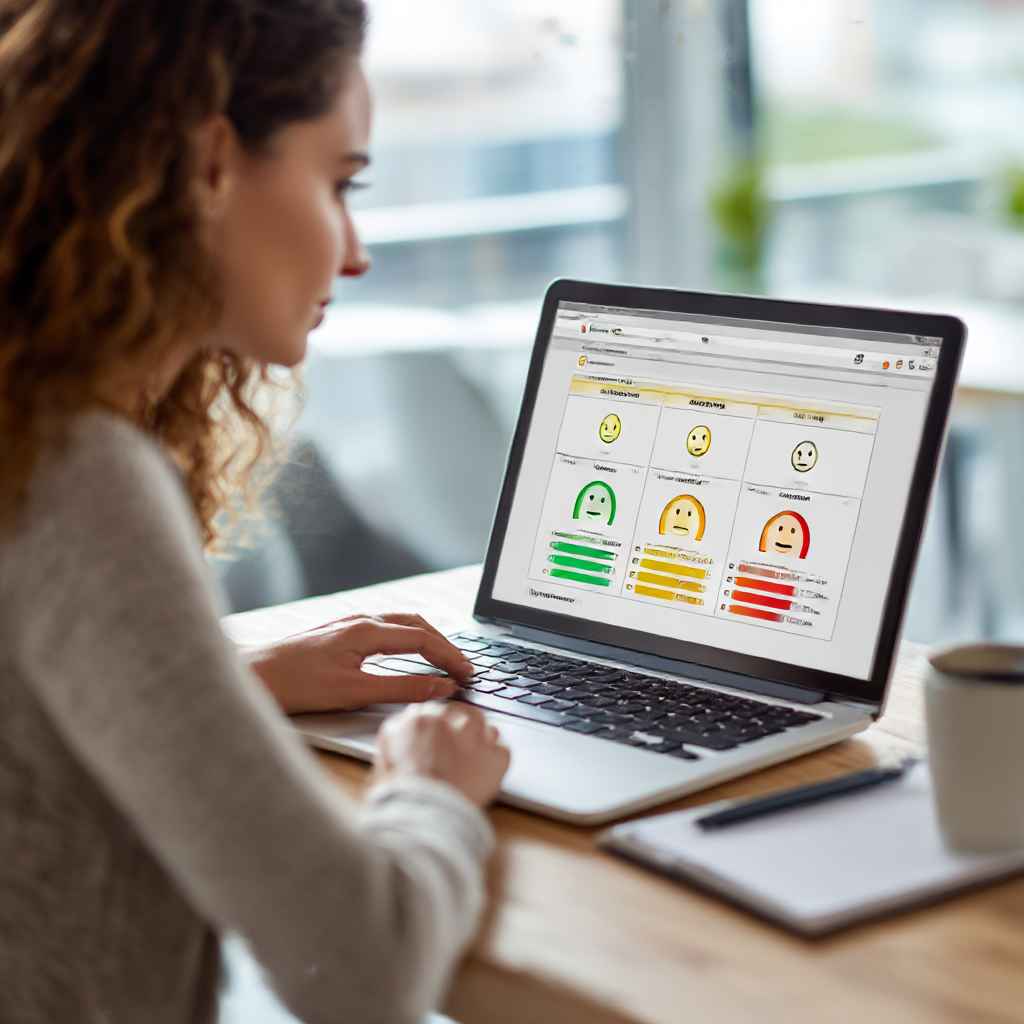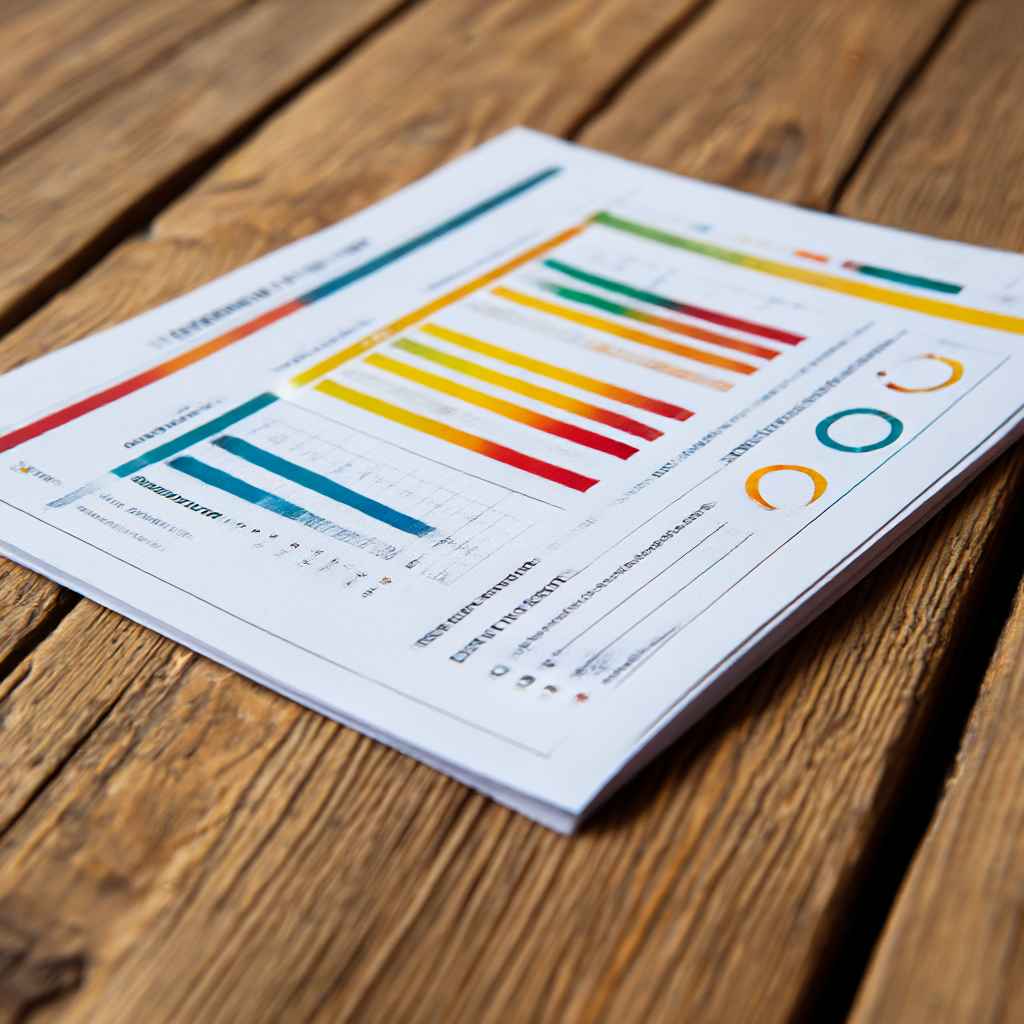Content
Hiring the right people has always been a balancing act between skills, experience, and something less tangible—trustworthiness. You can train someone to use a software tool or follow a process, but it’s much harder to train honesty, reliability, and respect for company policies. That’s where integrity testing comes in.
Most hiring managers are familiar with overt integrity tests—straightforward assessments that ask direct questions about attitudes toward theft, rule-breaking, or workplace ethics. But there’s a catch: when you ask someone outright if they’d steal from the company, you’re likely to get the “right” answer, not necessarily the truth.
This is where a covert integrity test changes the game. Instead of focusing on obvious questions that candidates can easily answer in a socially desirable way, a covert test works behind the scenes. It blends into broader personality or behavioral assessments, measuring traits like conscientiousness, risk-taking, and emotional stability—qualities proven to correlate with ethical workplace behavior.
Think of it as the undercover detective of pre-employment screening. The candidate takes what feels like a personality test, unaware that certain responses are being analyzed for red flags linked to absenteeism, policy violations, dishonesty, or even theft. This subtle approach not only reduces the risk of candidates “gaming” the test but also provides a more authentic view of their natural tendencies.
For hiring managers—especially those in high-risk industries like finance, retail, healthcare, and supply chain—this can be the difference between hiring a dependable, long-term asset and onboarding a potential liability.
In this guide, we’ll break down what covert integrity tests are, how they work, and why they’re such an important part of a balanced hiring strategy. We’ll also explore how tools like the Integrity & Attitude Test can be used to assess trustworthiness without making candidates feel interrogated.
🕵️♂️ What Exactly Is a Covert Integrity Test?

A covert integrity test is a personality-based assessment that evaluates traits and tendencies statistically correlated with workplace honesty, accountability, and rule compliance.
Rather than asking, “Have you ever stolen from a previous job?” (overt style), a covert test might ask questions that measure:
- Conscientiousness – How organized, reliable, and responsible the person is.
- Agreeableness – How cooperative and respectful they are with others.
- Emotional Stability – How well they handle stress and frustration.
- Risk Aversion – How likely they are to avoid behaviors that could get them into trouble.
These traits can be predictive of how likely someone is to follow company policies, treat colleagues respectfully, and make ethical decisions.
🔍 How Does It Work in Practice?
A covert integrity test blends into a personality or behavioral assessment. Candidates often don’t realize certain questions are linked to integrity, which reduces “fake good” responses.
Example:
Instead of asking about stealing, it might include items like:
- “I double-check my work to avoid mistakes.”
- “It’s okay to bend the rules if it helps the company.”
- “I sometimes take risks even when I know I shouldn’t.”
Over multiple questions, the test builds a behavioral risk profile that predicts:
- Likelihood of theft or dishonesty
- Attendance reliability
- Respect for policies and procedures
- Attitude toward teamwork and cooperation
📌 Why Hiring Managers Use Covert Integrity Tests

Unlike overt tests, which can feel confrontational, covert tests are more subtle and less likely to trigger defensive answers.
Key Benefits:
| Benefit | Why It Matters |
| Reduces Dishonest Answers | Questions are indirect, making it harder to “game” the test. |
| Uncovers Behavioral Risks | Predicts problem behaviors before they happen. |
| Fits Naturally into Hiring | Can be combined with personality testing without feeling invasive. |
| Legally Defensible | Focuses on job-relevant traits, not accusations. |
As discussed in Personality-Based Integrity Tests: How They Work, these tests draw on established psychological research linking personality patterns with job performance and ethical behavior.
🏢 Ideal Roles for Covert Integrity Testing
While covert tests can be used for most positions, they’re particularly valuable in roles where trust is essential and the cost of dishonesty is high:
- Finance and accounting – Preventing fraud and theft
- Customer service – Protecting brand reputation
- Supply chain and procurement – Avoiding vendor-related misconduct (see: Supply Chain Integrity Assessment: A Guide for Procurement and HR Leaders)
- Retail and frontline staff – Reducing shrinkage and policy violations
- Management roles – Ensuring ethical decision-making
🛠️ Our Recommended Integrity Tool for Hiring Managers

If you’re looking for a reliable way to assess integrity—whether overtly or covertly—the Integrity & Attitude Test is a strong choice.
This 10-minute personality and behavioral test evaluates:
- Ethical Behavior – Honesty, accountability, and rule-following
- Positivity – Optimism and constructive teamwork
- Responsibility – Ownership of actions and problem-solving
Why It’s Effective for Covert Screening:
- Questions are behavioral and situational, making it harder for candidates to manipulate responses.
- Results are clear and actionable for hiring decisions.
- Works well for both frontline and leadership roles.
| Test Feature | Detail |
| Type | Personality & Behavioral |
| Duration | ~10 minutes |
| Questions | 10 |
| Best For | Roles requiring trust, teamwork, and accountability |
| Languages | English, Spanish |
👉 Book a Demo to see it in action.
📚 Related Reads for Deeper Insights
- Integrity Assessment Questionnaire for Pre-Employment Screening
- Sample Integrity Test Questions Employers Can Use
- What Is an Overt Integrity Test and How You Can Use It as an Employer
- Pre-Employment Integrity Tests: What Employers Need to Know
- Honest Hiring: Why Integrity and Work Ethics Tests Are Non-Negotiable
❓ FAQs About Covert Integrity Tests
1. Are covert integrity tests legal?
Yes, when designed and administered properly, they focus on job-relevant traits and comply with employment laws.
2. Can candidates detect they’re taking a covert integrity test?
Not usually—it’s embedded within a broader assessment, so the purpose isn’t obvious.
3. How accurate are they?
When validated, covert integrity tests can reliably predict future workplace behavior.
4. Are they better than overt integrity tests?
Not necessarily—both have strengths. Many employers use them together for a complete picture.
5. Do they replace interviews?
No—they should be part of a broader hiring process that includes interviews and reference checks.
✅ Final Thoughts: Subtle, Smart, and Effective
A covert integrity test is like the quiet investigator in your hiring process—working behind the scenes to reveal whether a candidate’s personality aligns with ethical, reliable behavior.
When paired with other tools like structured interviews, reference checks, and the Integrity & Attitude Test, it gives hiring managers the confidence to make smarter, safer choices.Ready to see how this works in practice?
👉 Book your free demo here and start building a team you can trust.
